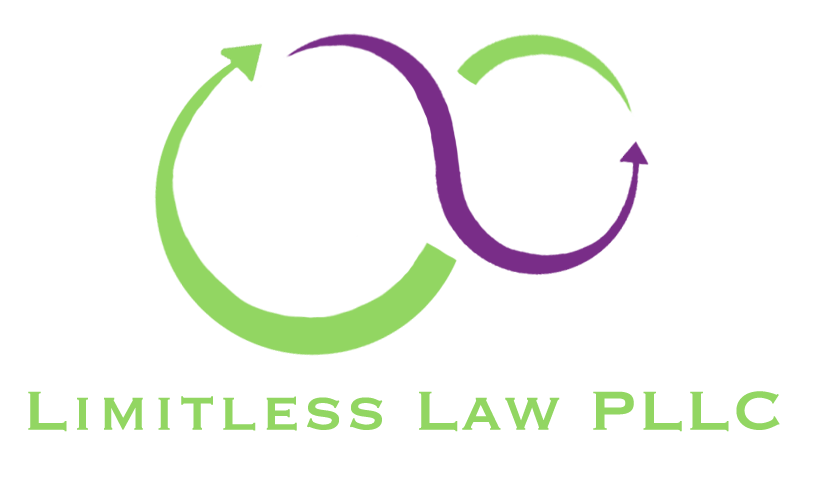Client Login
×Sign up to receive our Top Estate Planning Tips!
Sign Up to Receive Our Top Estate Planning Tips!
We will get back to you as soon as possible.
Please try again later.
TESTIMONIALS
– Elizabeth, a business client
–Charles Kirk
– Katherine, an estate planning client
Your Estate Planning Consult
In order to make sure your individual estate plan matches up to what you need it to do and what you want to happen after you pass your attorney will likely need you to provide a lot of information about you, your family, and who you want to make decisions on your behalf. Your attorney will need to know your full legal name as well as that of your spouse, all of your biological or adopted children, any other desired beneficiaries, and that of anyone who wish to act as your personal representative of your estate or as your attorney in fact.
In order to address your needs when drafting your Will you will also need to speak to your attorney about whom you want to inherit from your estate when you pass. Your attorney will need to know who they are to you, in what order you want them to inherit, and their names. It is important that you speak to your attorney about any biological or adopted children you have and your spouse if you are legally married, including separated but not divorced. This is because these individuals are given special protections under inheritance laws. You will also need to discuss with your attorney if any of your selected heirs are disabled in some way, or are currently under 18 years of age. These circumstances may mean you need to nominate someone to control that beneficiary’s inheritance or act as a guardian of that person when you pass.
You should also think about who you would like to handle your affairs once you have passed away. This person is called a Personal Representative and will be responsible for handling the financial affairs and property of your estate.
As part of your estate planning consult your attorney may also speak to you about your assets, end of life care, long term care insurance, powers of attorney and an advanced health cared directive, also commonly called a ‘Living Will’.
In order to help you with your power of attorney you will need to be able to inform your attorney about who you would like to be able to make financial and health decisions on your behalf. A power of attorney is effective as soon it is signed as opposed to an advanced health care directive which only goes into effect when you have a terminal illness and in a permanent unconscious state or otherwise unable to communicate.
It is also a good idea to think about who you would like to be an alternate as your first choice for all of those you name as a person of responsibility in your estate plan, like your attorney in fact, personal representative, and guardians. This is in case your first choice is unable or unwilling to act for any reason including disability, death, distance, or just reluctance or overwhelming grief.
Your attorney will need to know about your assets, specifically big value assets such as real property and life insurance, in order to evaluate whether your estate will be subject to inheritance taxes. You should be able to inform your attorney about any real estate, bank accounts, stocks, bonds, investments, vehicles, business ownership, valuable collections, artwork or jewelry, and life insurance that you currently own. You will also need to inform your attorney if you are a beneficiary of any trust or you anticipate any inheritances as these are possible assets your estate plan would need to be able to address.
In order to prepare for meeting with your estate planning attorney you should also consider your personal feelings on cremation or burial as well as how you feel about being kept on life support when you have a terminal illness and in a permanent unconscious state or otherwise unable to communicate. You may also want to consider your preferences on organ donation and the level of medical intervention you would like in the event you are terminally ill. Your Will and Advance Health Care Directive are commonly used to convey these preferences when you are not able to communicate for yourself.
If you have questions or concerns about a Will or Trust, call Limitless Law PLLC at (360) 685-0145 or use the “Ask an Attorney” link on our website to contact us today!
The post Your Estate Planning Consult appeared first on Limitless Law PLLC.
TESTIMONIALS
–Charles Kirk
– Elizabeth, a business client
– Katherine, an estate planning client
Sign up to receive our Top Estate Planning Tips!
Sign Up to Receive Our Top Estate Planning Tips!
Thanks for joining our mailing list. Click the button below to download our Top Estate Planning Tips PDF.
Please try again later.
© 2023 Limitless Law PLLC. All Rights Reserved. Privacy Policy Terms & Conditions






